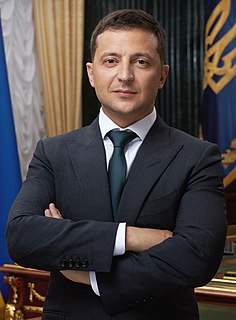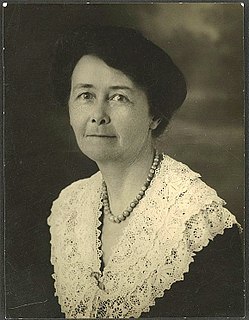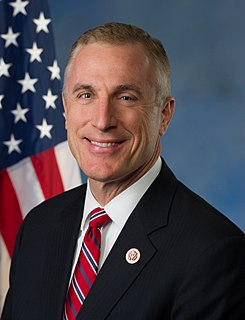A Quote by Thomas Browne
To extend our memories by monuments, whose death we daily pray for, and whose duration we cannot hope, without injury to our expectations in the advent of the last day, were a contradiction to our belief.
Related Quotes
Urge all of your men to pray, not alone in church, but everywhere. Pray when driving. Pray when fighting. Pray alone. Pray with others. Pray by night and pray by day. Pray for the cessation of immoderate rains, for good weather for Battle.Pray for the defeat of our wicked enemy whose banner is injustice and whose good is oppression. Pray for victory. Pray for our Army, and Pray for Peace. We must march together, all out for God.
The way we get to live forever is through memories stored in the hearts and souls of those whose lives we touch. That's our soul print. It's our comfort, our emotional nourishment at the end of the day and the end of a life. How wonderful that they are called up at will and savored randomly. It seems to me we should spend our lives in a conscious state of creating these meaningful moments that live on. Memories matter.
When we pray, we are speaking to the One Whose eternal purpose and designs are unfolding as our present realities. In order to find hope in them, we must seek HIM and HIS perspective. This requires a keen understanding of the redemptive nature of our existence, which points to the glorious gospel of Christ.
Are we at last brought to such humiliating and debasing degradation that we cannot be trusted with arms for our defense? Where is the difference between having our arms in possession and under our direction, and having them under the management of Congress? If our defense be the real object of having those arms, in whose hands can they be trusted with more propriety, or equal safety to us, as in our own hands?
When we are young, we spend much time and pains in filling our note-books with all definitions of Religion, Love, Poetry, Politics, Art, in the hope that, in the course of a few years, we shall have condensed into our encyclopaedia the net value of all the theories at which the world has yet arrived. But year after year our tables get no completeness, and at last we discover that our curve is a parabola, whose arcs will never meet.





































